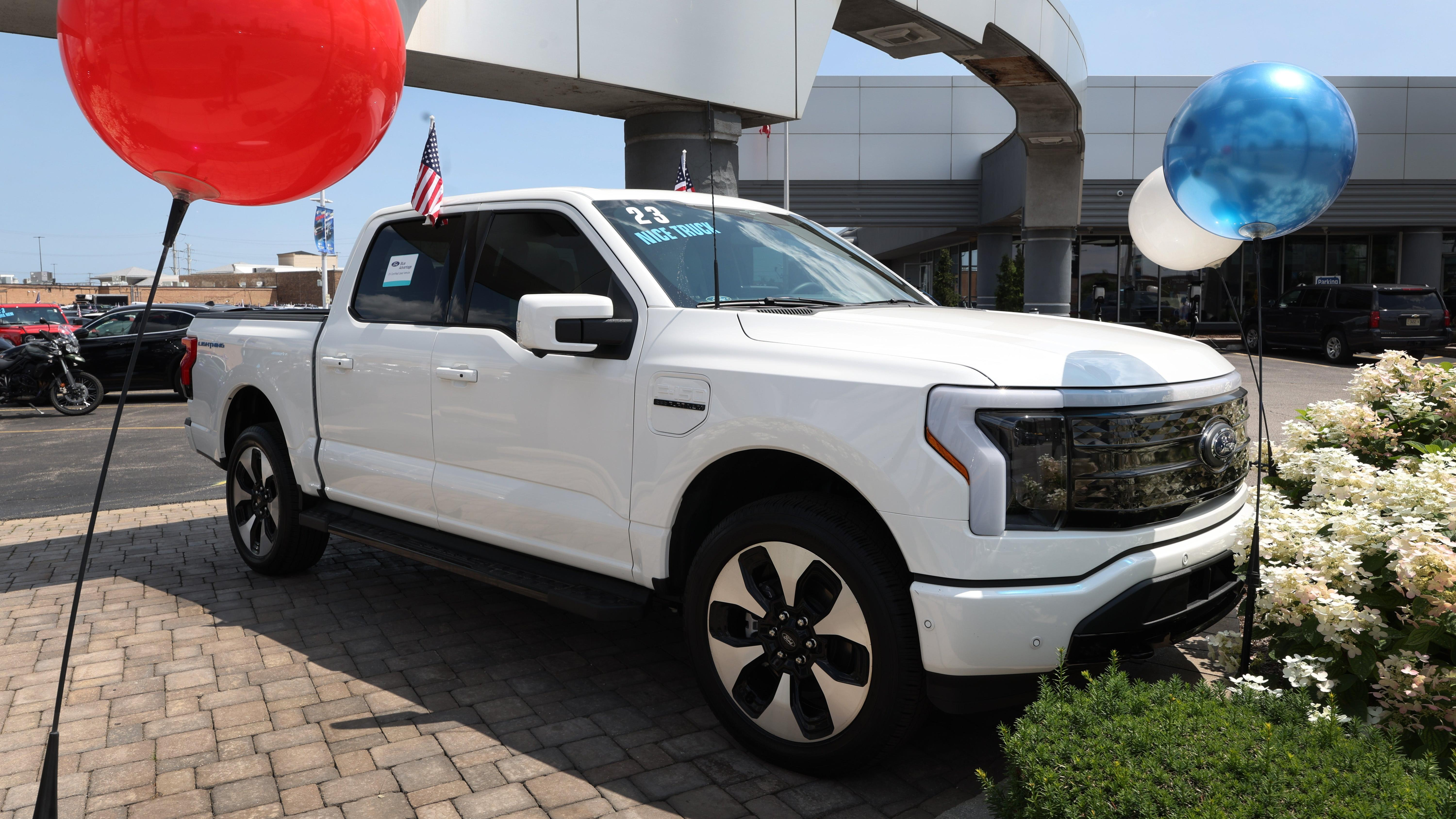U.S. Lawmakers Investigating Ford's Chinese Battery Partnership
Republican Congressmen are worried Ford may be a little to cozy with China's CATL.
Lawmakers in Washington, D.C. are reportedly set to investigate Ford's partnership with Chinese battery company CATL. According to Reuters, two separate House of Representatives committees will be looking into the $3.5 billion deal Ford made to build a battery plant in Michigan using technology from CATL.
Jason Smith and Mike Gallagher, Republican chairs of the House Ways and Means Committee and the Select Committee on China, wrote a joint letter that "demanded" Ford answer questions about the deal with the world's largest battery maker. The dynamic duo apparently warned that if the company is too reliant on China for inputs to produce eclectic vehicle batteries, "The company will be exposing itself and U.S. taxpayers to the whims of the Chinese Communist Party and its politics."
Ford told Reuters that it is reviewing the letter and will respond. It insisted that it will own and run the plant in the U.S. rather than build it elsewhere, and it won't exclusively import lithium iron phosphatase batteries from China "like our competitors do."
According to the outlet, the two committees assert that several hundred of the 2,500 jobs at the plant will be filled by CATL employees from China who will be in charge of setting up and maintaining the plant. The committees are also concerned about CATL's alleged former stake in a company was a history of human rights issues.
The letter said public disclosures and media reporting suggest that shortly following the Ford and CATL partnership announcement, "CATL took steps to maintain effective control while appearing to divest its ownership stake" in companies based in Xinjiang that allegedly are connected to forced labor practices.
Human rights groups accuse Beijing of abuses against Xinjiang's Uyghur inhabitants, including the mass use of forced labor in internment camps. China denies the allegations.
Last year, Congress passed President Joe Biden's $430 billion Inflation Reduction Act that will – in the future – disallow EV tax credits if any of the battery components are manufactured or assembled by a "foreign entity of concern." You know, like China. Unfortunately for Ford, the automaker is reportedly still waiting for guidance from the U.S. Treasury as to whether or not its partnership with CATL works with this requirement.
"We are concerned that the deal could simply facilitate the partial onshoring of PRC-controlled battery technology, raw materials, and employees while collecting tax credits and flowing funds back to CATL through the licensing agreement," the House letter reportedly said.
